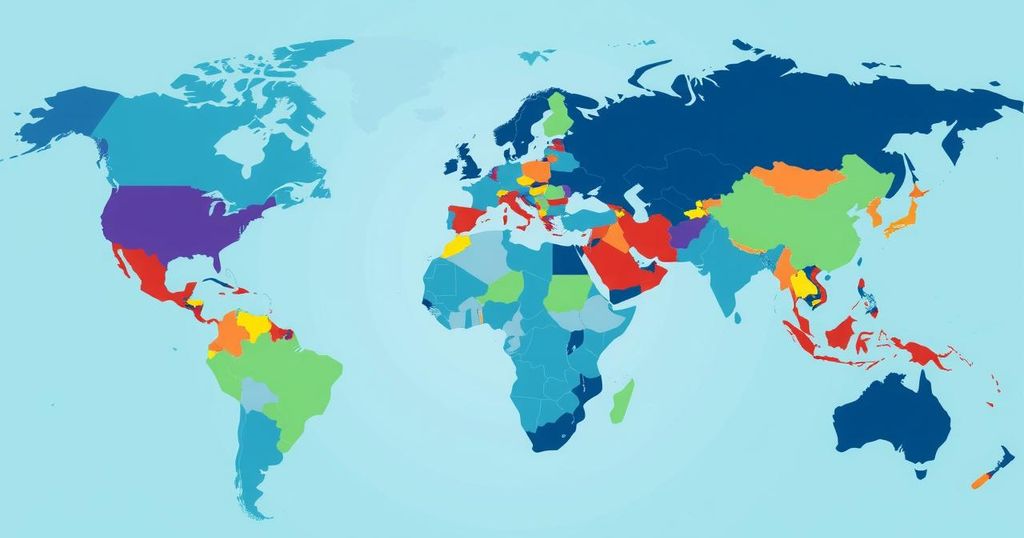President Trump may revive a travel ban affecting countries such as Afghanistan and Pakistan. Following an executive order, a list of countries facing travel restrictions is being prepared due to concerns about inadequate vetting. The earlier travel bans had significant implications for majority-Muslim countries and individuals eligible for resettlement, particularly Afghans who assisted U.S. forces.
President Donald Trump is reportedly preparing to revive a travel ban targeting individuals from countries such as Afghanistan and Pakistan, with execution anticipated as early as next week. This initiative follows an executive order issued on January 20, mandating cabinet members to draft a list of nations that may face travel restrictions due to inadequate vetting and screening processes. Although Trump promised to restore the travel ban on his first day in office, he did not act on it at that time.
During his first term, Trump’s travel ban affected several majority-Muslim countries, a policy that the Supreme Court upheld in 2018. The initial travel restrictions influenced approximately seven percent of the global population. The new ban may include previously targeted countries such as Cuba, Iran, Libya, North Korea, Somalia, Sudan, Syria, Venezuela, and Yemen, according to news sources.
If a travel ban on Afghanistan is implemented, it could severely impact around 200,000 Afghans who are either in the process of resettlement or holding Special Immigrant Visa applications after assisting U.S. military efforts. These individuals face significant danger from the Taliban, heightening the urgency for resettlement. While the State Department may seek exemptions for these Afghans, the likelihood of approval remains uncertain.
After the initial travel ban enacted in January 2017, which included green card holders from seven Muslim-majority nations, legal challenges led to its suspension. Subsequent revisions continued to face obstacles until a third version, effective for six Muslim-majority countries and North Korea, was affirmed by the Supreme Court. This version remained in effect until President Joe Biden rescinded it in 2021.
President Trump’s potential revival of the travel ban indicates a significant policy shift that may affect various countries including Afghanistan and Pakistan. The impact on Afghans eligible for U.S. resettlement is a crucial concern, given the threats they face from the Taliban. The historical context of previous travel bans underscores the legal and social ramifications of such restrictions, which have substantial implications for foreign relations and humanitarian efforts.
Original Source: www.independent.co.uk




